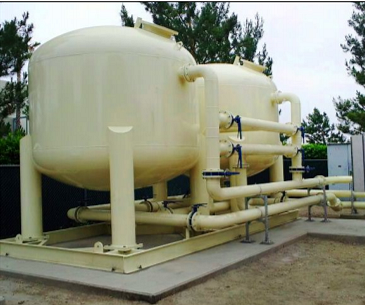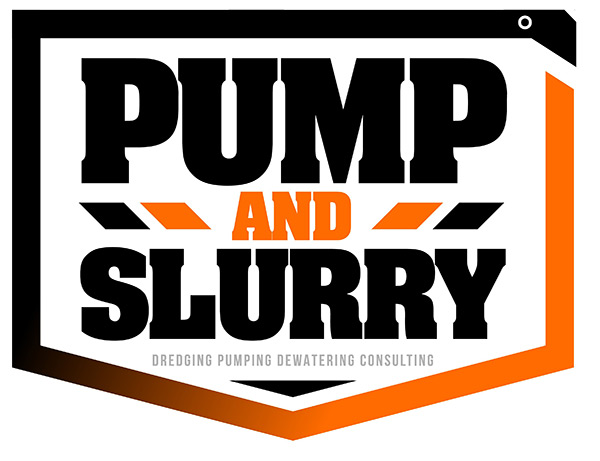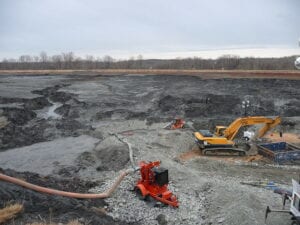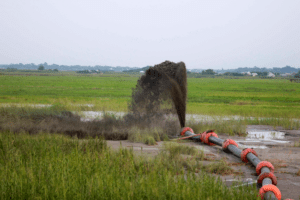Water Treatment Equipment
We offer for sale and rent water treatment equipment to bring your industrial, dredging or mining up to EPA standards for disposal or storage
What We Do
System Design, Set-up and Operation
Site inspection, equipment selection, maintenance and operation.
Discharge Permit Assistance
Our Local, State & Federal permitting services help get your project approved quickly.
System Applications
• Coal Ash Pond Closure
• Per- and Polyfluoroalkyl (PFAs)Treatment• Ground Water Treatment
• Potable Water
• Slurry and Solids Separation
• Waste Water Treatment
• Water Recycling/ Reuse
• Industrial Storm Water Treatment

Technologies
• Ion Exchange Resins
• Activated Carbon
• Polymers and Flocculants
• Chemical Precipitation
• Reverse Osmosis
• Ultra Filtration
• Geo Tubes
• Centrifuges
• Slurry Shakers

Activated carbon is commonly used to adsorb natural organic compounds, taste and odor compounds, and synthetic organic chemicals. Activated carbon is an effective adsorbent because it is a highly porous material and provides a large surface area to which contaminants may adsorb. Activated carbon is made from organic materials with high carbon contents such as wood, lignite, and coal.
Advantages of the polymers include lower dosage requirements, reduced sludge production, easier storage and mixing,
both the molecular weight and charge densities can be optimized creating ‘designer’ flocculant aids, no pH adjustment required,
polymers bridge many smaller particles, improved floc resistance to shear forces.
Geotextile Dewatering Tubes (also known as sludge tubes, geotubes, or dewatering tubes) are ideal for large dewatering or sludge removal projects. This process is widely used in most dredging and dewatering applications. The dewatering containers are especially beneficial where the sludge is removed hydraulically like dredging or high-volume pumping. The technology is based on filtration starting with the apparent opening size of the geotextile material. As the sludge accumulates inside the dewatering tubes, the accumulated sludge becomes a filter as well resulting in cleaner effluent. When dewatering organics or fine sediments a floculent or coagulant or combination can be added to the sludge to enhance both drying and purifying the effluent.
Centrifugal thickening and dewatering of sludge is a high speed process that uses the force from rapid rotation of a cylindrical bowl to separate wastewater solids from liquid to produce a non-liquid material referred to as “cake.” Centrifuges operate as continuous feed units which remove solids by a scroll conveyor and discharge liquid over the weir. Although more expensive than other dewatering systems, centrifuges generally achieve a higher solids concentration.
Slurry/Shale Shakers meet the needs of solids separation in a large number of different industries including dredging, mining and dewatering for waste disposal. Separating unwanted solids from fluids, as well as reclaiming valuable solids. Shale shakers are the first phase solids control equipment removing larger materials before the next stage of the process.
UF is a pressure driven membrane separation process that removes suspended particulate matter from water. In addition, it removes some dissolved compounds with high molecular weight, including organics and colloids. UF membranes efficiently remove bacteria and most viruses present in water. As well, disinfection requirements are greatly reduced as dosing rates of chlorine, UV and/or ozone are much lower since there is essentially no suspended solids left in the filtered water.
Coal Ash Ponds
Pond decanting, ash dewatering, water treatment, storm water management to meet permit requirements including laboratory tests to insure the right treatment protocols are identified and implemented
Contaminated Discharge Treatment
Pre-treatment options to meet EPA Clean Water Act guidelines for any pollutants before discharge to detention basins, retention ponds, and prevent any discharge from causing or contributing to a violation of surface water quality standards
Construction & Industrial Sites
Construction Stormwater Permits require the prevention of water pollution by managing water that may be contaminated from their construction sites. Pretreatment of various industrial wastes prior to discharge to wastewater systems is a routine approach in many industries prior to drain disposal.







